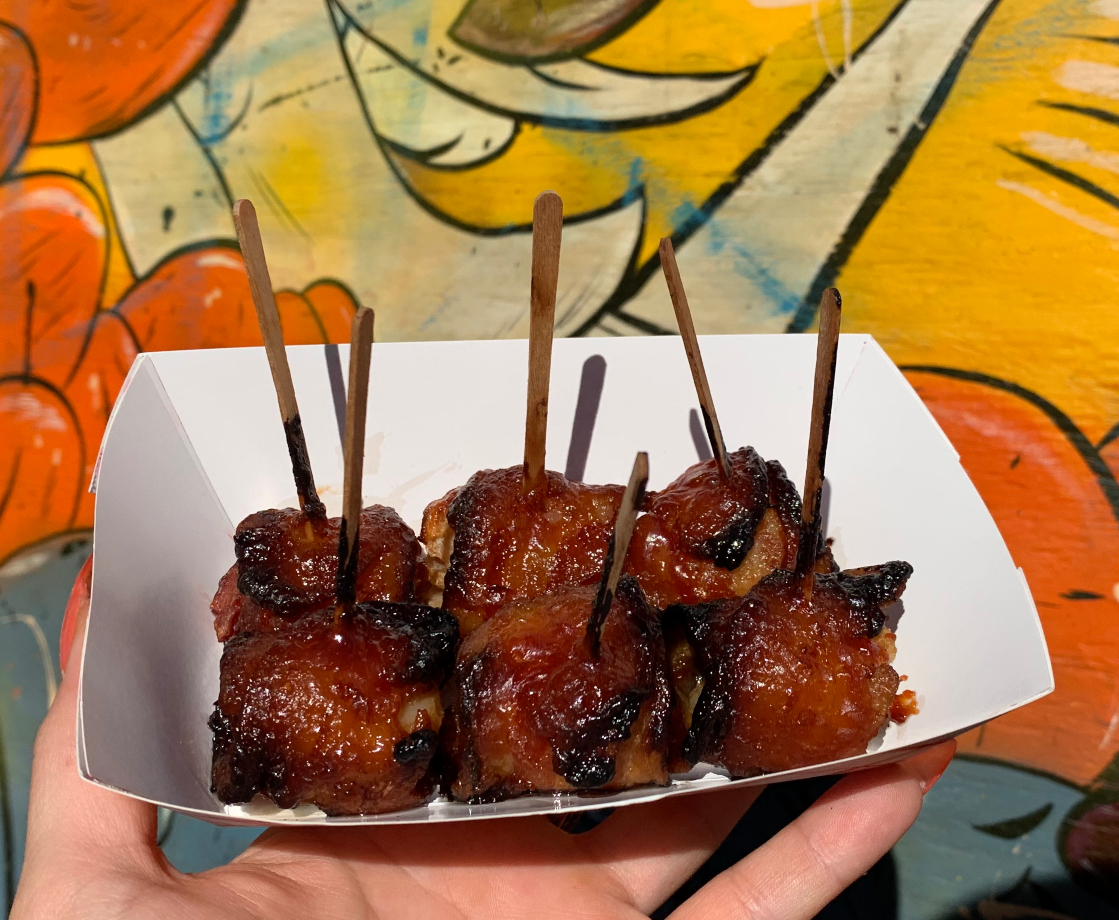“Unconsciousness and ignorance—to [your] partner’s needs, desires, wishes, body, mind, et cetera—are the death of loving partnerships,” says Saku, founder of Ganja Devi, a Los Angeles-based holistic wellness startup that offers a variety of medicated yoga, tai chi, and tantra classes. “Truly conscious presence, laced with empathy and compassion, is the biggest gift one can give their partner.”
People everywhere struggle to maintain a strong connection with their partner and search for ways to strengthen their bond. In the Judeo-Christian West, it’s often said that couples that “pray together, stay together,” but the East offers an alluring alternative in tantra.
“Tantra is a practice of heightening sensitivity and awareness to all of the experiences around and within us,” says Saku. “Blending the bliss of cannabis with intentional and mindful tantric meditation practice, alone, or multiplied by your partner, creates quite a focused euphoria.”
Marijuana-medicated tantra sessions are common in traditional South Asian cultures. Evidence can be seen in paintings of Lord Shiva receiving bhang, a cannabis milk drink, from his beloved goddess consort, Parvati. Hindu sadhus (holy people) smoke and drink ganja, and not all of them are celibate.
In Ganja Devi’s Tantric Partner Yoga class, partners do a series of poses, exercises, and sequences designed to develop trust and balance in each other. It forces partners to ask necessary questions that often go ignored—How do you feel? What do you need from me? Less or more? Are you OK?—and also offer relationship assurances. During the poses, participants express physical and mental support for their partner, letting them know that they are safe, cared for, and will not fall.
“Partners must balance and work together to truly feel each other’s energy, tune to it, and find balance to make the pose work,” Saku says. “This creates body awareness and connection of both partners as one.” Furthermore, she claims that couples that regularly practice tantric meditation and asanas (hatha yoga poses) together create a strong lasting bond—physically, mentally, and spiritually.
“This is already wonderful without the cannabis,” she says, explaining that yoga boosts the body’s natural bliss hormone, anandamide. “Cannabis adds to this.”
Tantra is not only about partners, and isn't all about sex as often portrayed in the West. It’s more about finding bliss, peace, and lessons in every moment.
“When one works on their sensitivity to their environments and their bodies and learns to feel the bliss in all their senses,” she says, “they can experience the joy of watering plants in the garden, the bliss of beautiful sunsets, the wonder of cloud shapes, the awe of vast black skies sparkling with stars, savoring the taste of chocolate, and, of course, enjoy that same sensitivity and magic in union with their partner.”
According to Saku, tantric practices and spiritual development are for honoring the divine feminine within oneself, and balancing this with the masculine.
“There is so much suffering in the world, and so much of it is caused by a great imbalance of masculine and feminine forces in society, as well as in the individual self, especially in the West,” she laments. “From an Eastern perspective, more people, especially men, making a conscious effort towards healing this imbalance through yoga and Tantra practice could begin balancing masculine and feminine energies and work towards ending so much of this unnecessary suffering. Adding ganja to these practices can help pull the mind away from self-consciousness and more inwards towards recognizing, healing, and balancing all aspects of self.”











